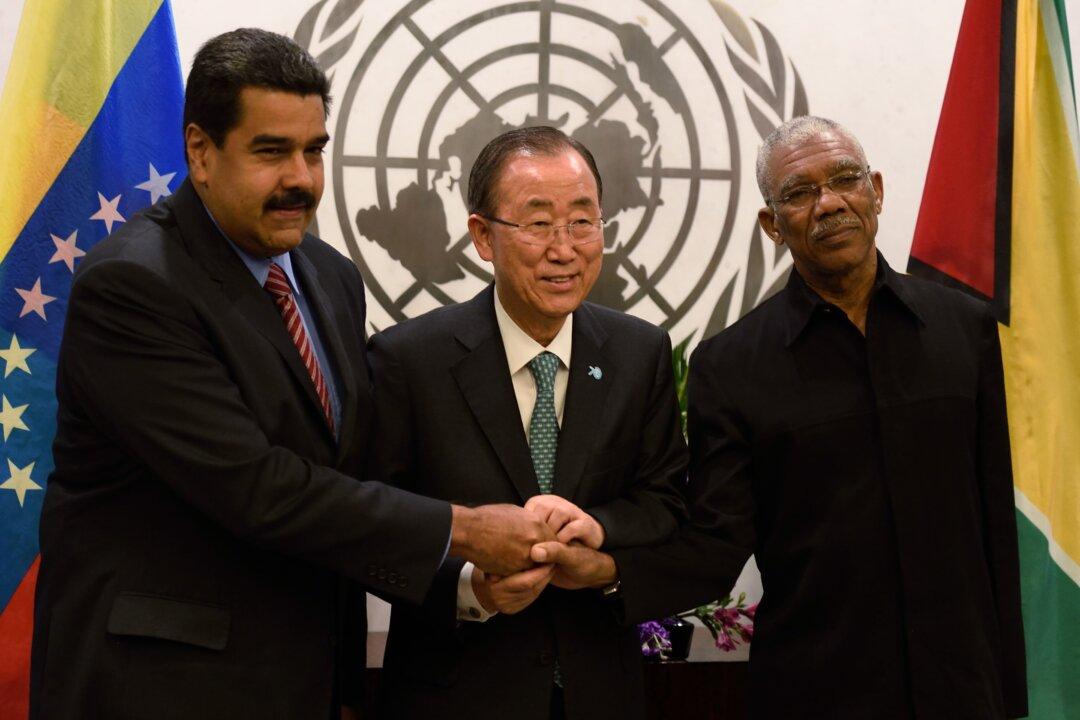We might have a new energy superpower to talk about. Guyana, the former British colony on the northern edge of South America, apparently controls vast amounts of offshore oil and gas. That, at least, is Exxon-Mobil’s view. In May 2015 the American major announced it had discovered huge potential reserves at its Liza-1 well in the Stabroek Block—some 120 nautical miles off the Guyanese coastline.
Exxon-Mobil claims 700 million barrels of oil might be recoverable and, even despite depressed oil prices, analysts have spoken about the Stabroek Block being worth $40 billion. With fewer than a million Guyanese citizens, such a windfall could go a long way. If shared evenly it would work out to around $60,000 each—in a country where per capita income is currently just $4,170.
But sudden oil wealth is rarely distributed smoothly or equitably, and ordinary Guyanese worry their nation will become the latest victim of the resource curse. Guyana also has a long-running border dispute with its larger, wealthier neighbor Venezuela. Not long after the oil discovery, Venezuelan President Nicolás Maduro issued a decree reiterating a historic claim over western Guyana and large parts of Guyana’s Atlantic waters—including much of the Stabroek Block.
Nonetheless, Guyana’s government is naturally upbeat. Raphael Trotman, minister of governance, described the find as “transformational“—a common view when such news is released, nourishing a bonanza political-economic model of hydrocarbon exploitation and development. You would have heard similar terms being bandied about back when the Falklands were being described as a ”South Atlantic Kuwait“ or Equatorial Guinea was set for an ”economic explosion.”
Guyana’s president has reassured Exxon-Mobil that its operations won’t be disrupted by talk of disputes and controversies involving Venezuela.

